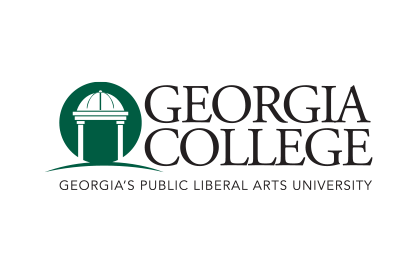Project Title
Binge drinking among college students
Faculty Mentor(s) Name(s)
John Moore
Abstract
Background- College student drinking habits are a prominent public health issue. Research indicates that approximately 80% of college students have admitted to consuming alcohol to some degree, but alarmingly 50% are binge drinking. The prevalence of binge drinking behaviors can be attributed to the social environment, where students see alcohol as a necessary part of their college experience. This issue is commonly associated with a risk factor for many concerns facing college students such as academic problems, alcohol use disorders, an increase in assault and sexual assault, and a multitude of health conditions. Purpose- To examine studies that use the Social Cognitive Theory to examine the binge drinking of college students to determine the best evidence-based practices and recommendations for future studies. Methods- Articles were obtained using Galileo and scholarly articles using the keywords binge drinking, college students, and social cognitive theory. A logic model was used to align theory to practice Results- The literature confirms that the social cognitive theory is useful in addressing the binge drinking behaviors of college students. The constructs of anxiety, pressure, and trying to fit in have been the biggest influence on the students. Looking at other research, another notable factor is the overall stress, such as balancing school, work, and social life. Implications- The program at hand would educate incoming freshmen, Greek organizations, and athletics about the effects of alcohol-related incidents, and future health-related issues. A counselor should be present and available for any student to reach out for help with addiction, stress, anxiety, or any mental health problems. Educating this particular group of college students could help identify the overall question, why is alcohol a crucial part of the college experience and how can we attend this growing issue?
Binge drinking among college students
Background- College student drinking habits are a prominent public health issue. Research indicates that approximately 80% of college students have admitted to consuming alcohol to some degree, but alarmingly 50% are binge drinking. The prevalence of binge drinking behaviors can be attributed to the social environment, where students see alcohol as a necessary part of their college experience. This issue is commonly associated with a risk factor for many concerns facing college students such as academic problems, alcohol use disorders, an increase in assault and sexual assault, and a multitude of health conditions. Purpose- To examine studies that use the Social Cognitive Theory to examine the binge drinking of college students to determine the best evidence-based practices and recommendations for future studies. Methods- Articles were obtained using Galileo and scholarly articles using the keywords binge drinking, college students, and social cognitive theory. A logic model was used to align theory to practice Results- The literature confirms that the social cognitive theory is useful in addressing the binge drinking behaviors of college students. The constructs of anxiety, pressure, and trying to fit in have been the biggest influence on the students. Looking at other research, another notable factor is the overall stress, such as balancing school, work, and social life. Implications- The program at hand would educate incoming freshmen, Greek organizations, and athletics about the effects of alcohol-related incidents, and future health-related issues. A counselor should be present and available for any student to reach out for help with addiction, stress, anxiety, or any mental health problems. Educating this particular group of college students could help identify the overall question, why is alcohol a crucial part of the college experience and how can we attend this growing issue?

